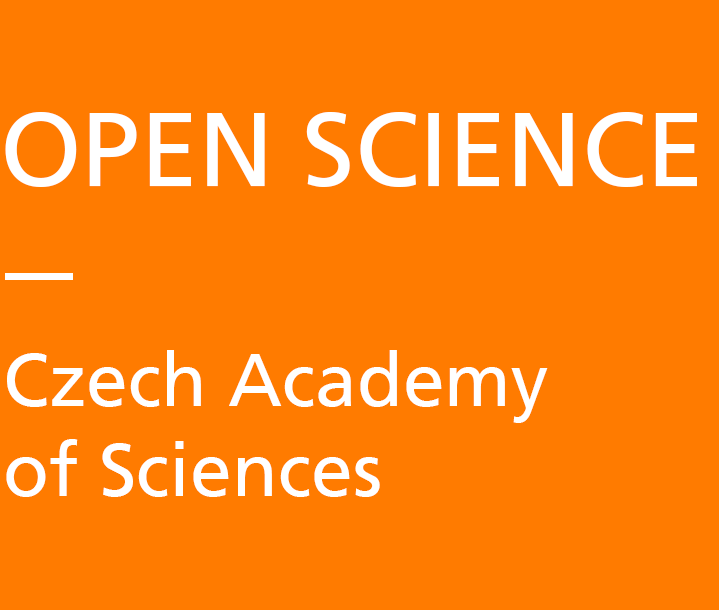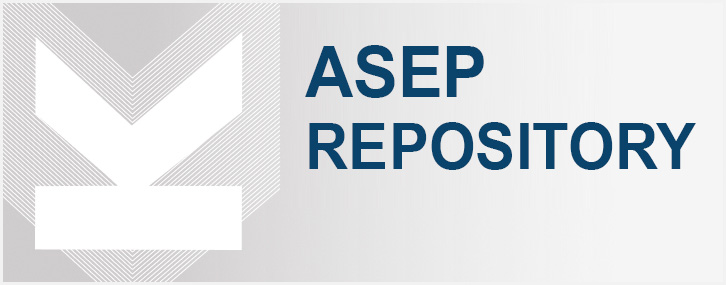Secondary Publication Right – ERA discussion
Earlier this summer, the European Commission (through its Directorate-General for Research and Innovation) published a study on possible future measures to improve access to research results. That is, access to publications, but also to scientific data and the possibilities for re-use. This is an important milestone in the European Research Area Policy Agenda for 2022-2024.
The study covers the EU legislative and regulatory framework for copyright and data and its impact on research. The study identified several obstacles and problems in existing strategies and attempts to ensure access to research results. It also assessed the effects of the EU copyright framework on research, down to the level of specific provisions in EU data and digital technology legislation. On this basis, the study put forward options for legislative and non-legislative measures to strengthen the free movement of knowledge and thereby contribute to the strengthening of the European Research Area.
“The European Union has been pioneering open science policies and actions for over a decade. At the heart of our ambitious open science policy lies a simple but powerful belief: Publicly funded research should be a public resource.“
Iliana Ivanova, Commissioner for Innovation, Research, Culture, Education and Youth
The most common obstacles encountered by researchers include lack of subscriptions from their organisations, inability to obtain permission from copyright holders, and general concerns about copyright infringement.
Research organisations then report problems relating directly to copyright, not only in accessing and re-using results, but also in making their own results available.
Particular attention was paid in the study to the situation in EU countries that have introduced the so-called Secondary Publication Right (SPR) – (Germany, France, the Netherlands, Belgium and Austria). The SPR in these countries allows authors to freely share their published articles under certain conditions in addition to the original publication in scientific journals.
The study presents options for legislative and non-legislative measures. It focuses on measures including a general exemption for scientific research, the introduction of an EU-wide secondary right of publication (SPR) and the provisions that could be included in such legislation, ranging from the type of outputs to the permitted embargo period. Further details can be read directly in the published study.
European Commission, Directorate-General for Research and Innovation, (2024) Improving access to and reuse of research results, publications and data for scientific purposes : study to evaluate the effects of the EU copyright framework on research and the effects of potential interventions and to identify and present relevant provisions for research in EU data and digital legislation, with a focus on rights and obligations. Publications Office of the European Union. https://data.europa.eu/doi/10.2


